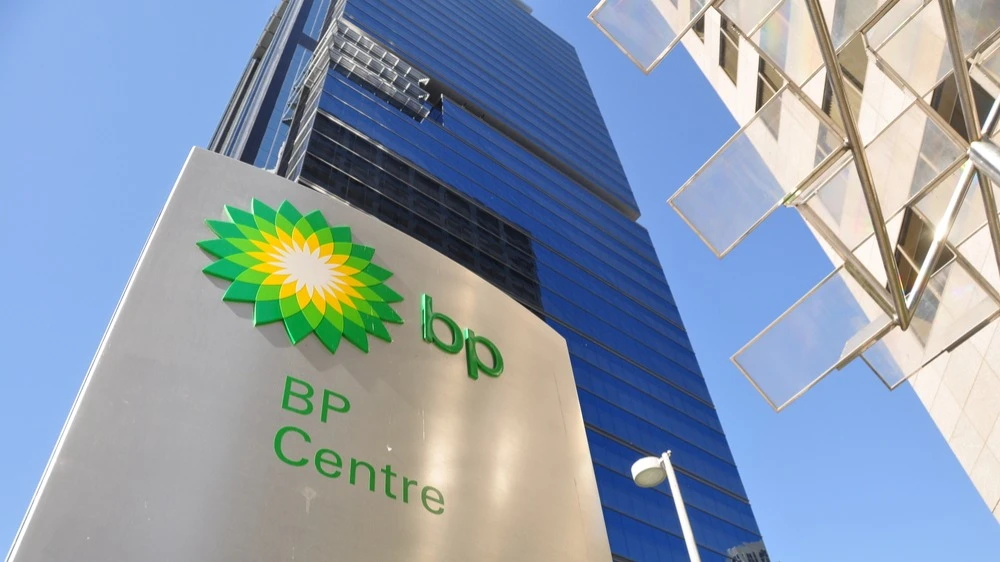BP will review its business for the second time in a year. How does this benefit investors?
The oil and gas giant is trying to convince restless shareholders that it intends to maximize their returns

British oil and gas giant BP has initiated a review of its business efficiency and cost program - for the second time this year. The decision follows a February strategy update that failed to stem the company's stock decline. The reassessment is intended to reassure shareholders of management's commitment to more efficient capital allocation and cost reduction.
Details
BP will begin a re-examination of its businesses in September when new chairman Albert Manfold takes over, Chief Executive Murray Auchincloss said Aug. 5 after the company published its quarterly report, writes the Financial Times. Auchincloss stated that he had already discussed plans with Manfold to "scrutinize" the company's portfolio of businesses "to make sure we maximize shareholder value." In addition, BP is initiating a "further review of costs", he added.
The need for yet another analysis came after February's "fundamental restart" strategy was coolly received by investors and failed to help BP shares recover, notes the FT. In particular, activist investment fund Elliott Management has racked up a stake in the company and called for more radical action. It is just pushing for an additional $5 billion in spending cuts on top of its already announced plan to increase annual savings by $4-5 billion by the end of 2027.
BP shares rose in London by more than 2%. From April's low, the company's market value increased by 25%.
As reported by BP
Despite BP's difficult situation, its second-quarter financial results beat expectations. The oil and gas giant reported adjusted net income of $2.4 billion, a third above consensus estimates. The company also raised its quarterly dividend by 4% and maintained its $750 million share repurchase program.
A nearly 3% quarter-on-quarter increase in oil and gas production helped offset lower commodity prices. Under the current restructuring plan announced in February, BP reduced costs by $1.7 billion and made about $3 billion in asset sales.
What the analysts are saying
RBC Capital Markets analyst Biraj Borhataria wonders whether the new review will lead BP to delay the announced sale of its lucrative Castrol lubricants business, which is due before 2027 and p
Context
BP is the latest of the five major oil supermajors to disclose last quarter's earnings, with Britain's Shell, U.S. Exxon Mobil and Chevron beating expectations, while France's TotalEnergies missed forecasts, wrote Bloomberg. State-owned Saudi Aramco, the world's most expensive oil company, reported a drop in profit for the tenth consecutive quarter on Aug. 5, as the impact of rising production was diminished by falling oil prices.
The reporting period was characterized by high volatility in the oil market, which was influenced by the trade war unleashed by US President Donald Trump, the gradual lifting of OPEC+ production restrictions and the outbreak of Iran's conflict with Israel. The price of Brent is down about 9 percent for the quarter and is holding slightly below $70 a barrel, which is the level BP puts in calculating its financial targets, notes Bloomberg.
Five years ago, BP wanted to cut oil and gas production by 40% by 2030 by focusing on renewable energy. However, the costs of the energy transition reduced the company's profitability: shareholder return was half that of Shell and four times that of Exxon. As a result, BP had to revamp its management team and change course, prioritizing oil and gas again;
This article was AI-translated and verified by a human editor
